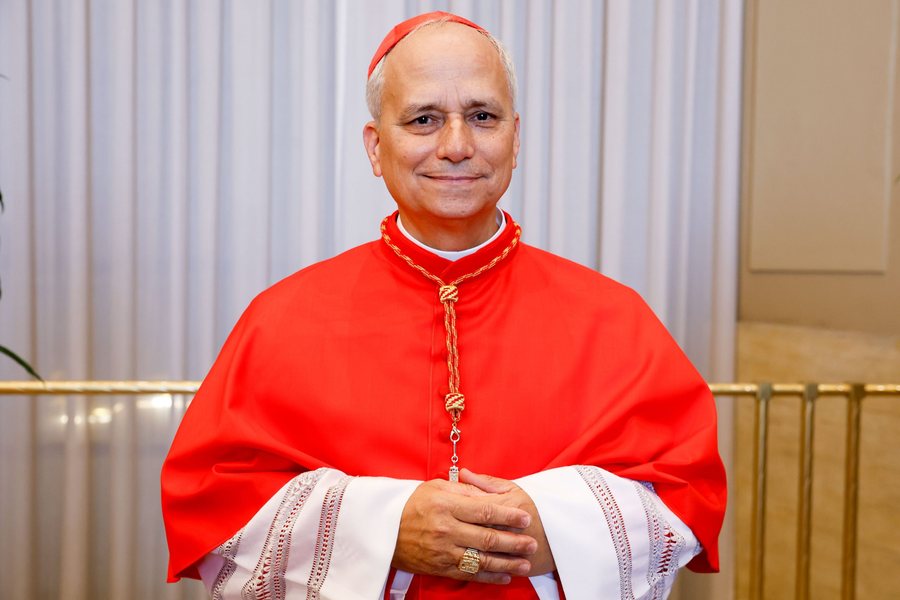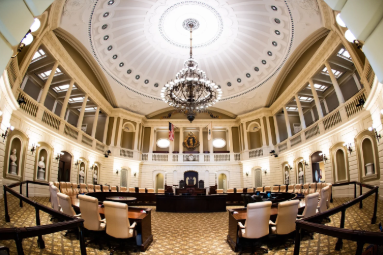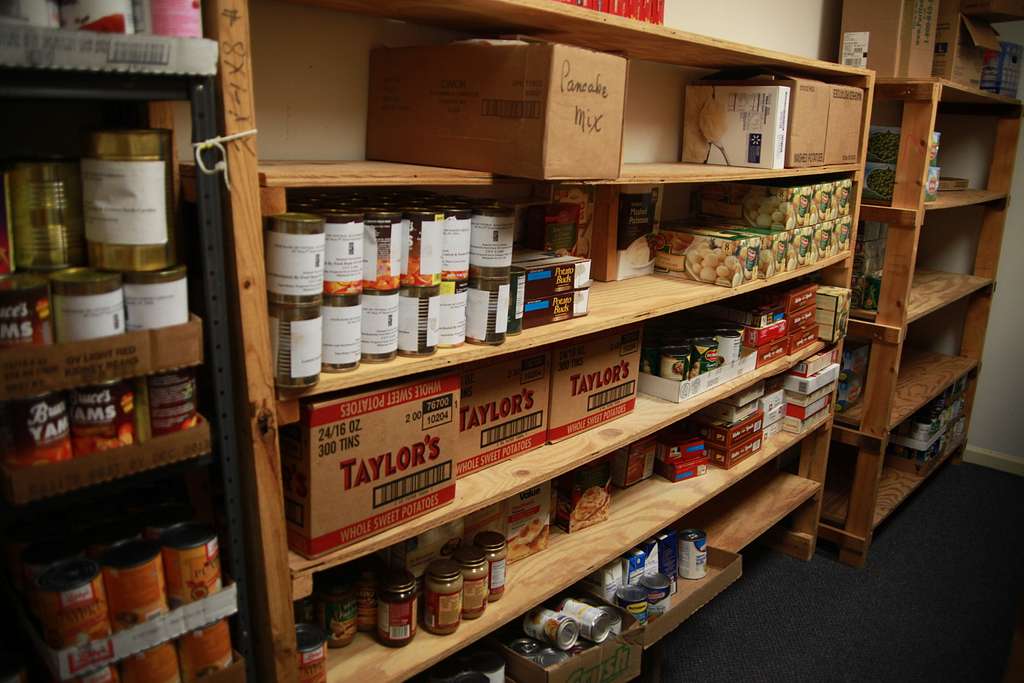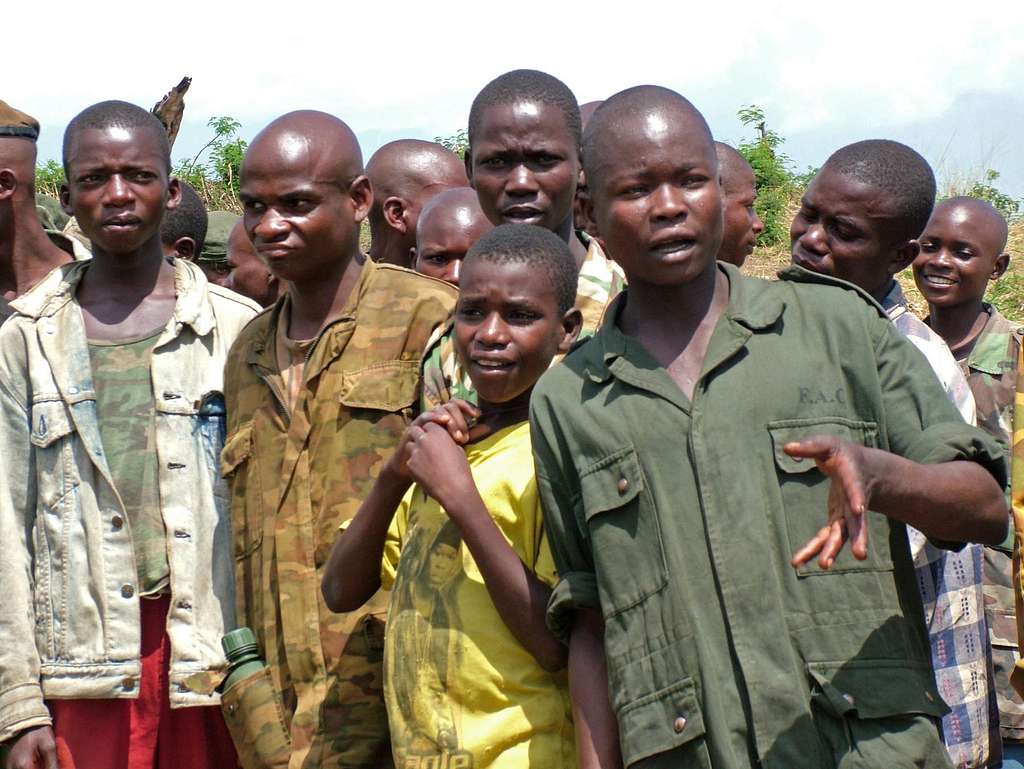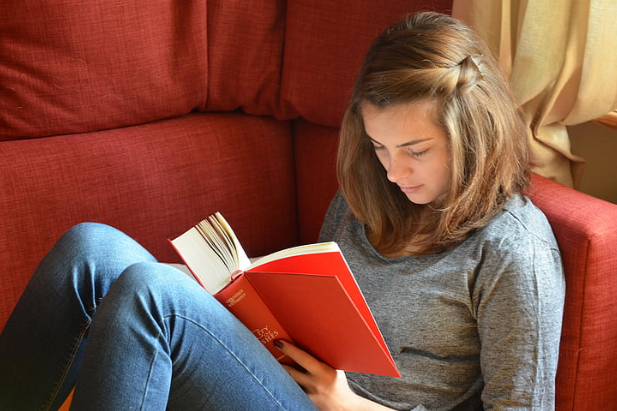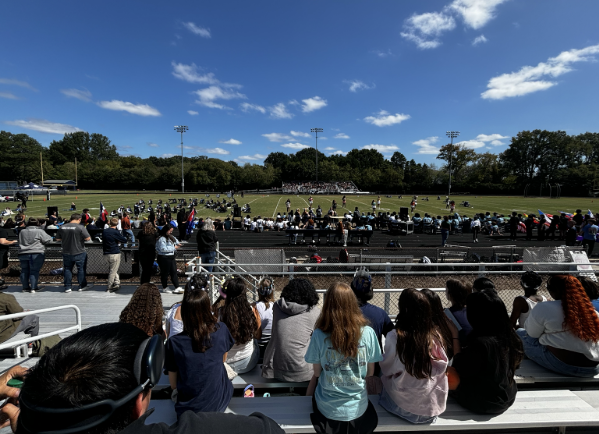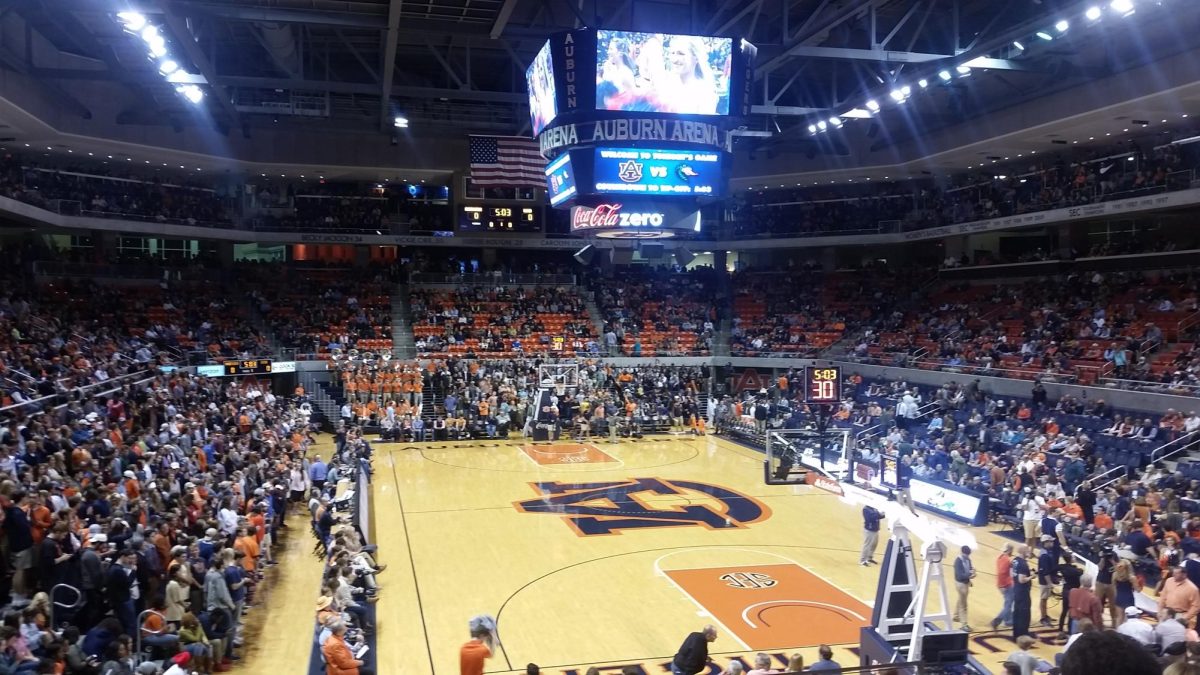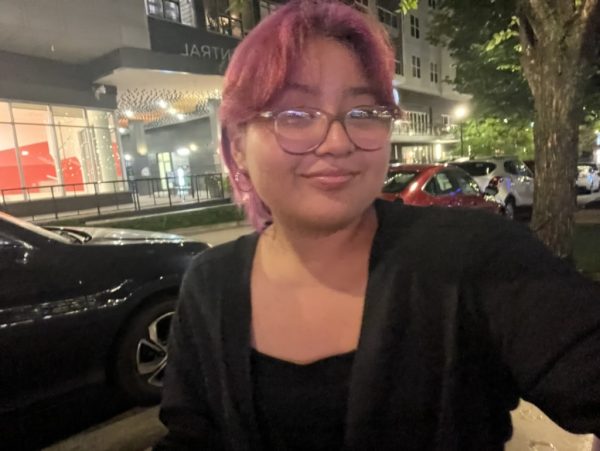In a historical moment for the Catholic Church, Cardinal Robert Francis Prevost, a Chicago-born missionary with deep Latin American roots, has been elected as the 267th pope. He will be known as Pope Leo XIV. Speaking from the loggia of St. Peter’s Basilica before a joyous crowd in St. Peter’s Square, the new pope delivered his first public remark where he calls for unity, justice and the continuation of the “synodal Church” envisioned by Pope Frances, who passed away the day after Easter.
Pope Leo XIV was born Robert Francis Prevost on September 14, 1955 at Chicago’s Mercy Hospital. His father, Louis, a navy veteran and school superintendent, and mother Mildred Martinez Prevost, a librarian and educator, lived in the working class suburb of Dolton, Chicago.
The Prevost home was a modest house and their spiritual foundation was built in St. Mary of the Assumption Parish. There, Robert was already displaying signs of devotion. Instead of attending a local Catholic school, Prevost joined the Order of St. Augustine by enrolling at St. Augustine Seminary High School, a boarding school in Michigan. He then earned a degree in mathematics from Villanova University in 1977 and officially entered the Augustinian order the following year. His theological studies took him to the Catholic Theological Union of Chicago, and he was ordained in 1982. He later earned a doctorate in canon law from the Pontifical College of St. Thomas Aquinas in Rome in 1987.
In 1985, Prevost was sent to Peru, where he served for nearly a decade teaching canon law in Trujillo and ministering in the Diocese of Chiclayo. It was there that he built a strong connection with the Latin American Church and developed the humility that would characterize his leadership. By 1999, he returned to Chicago to oversee the Augustinian Order’s Midwestern region, including the Providence Catholic High School in New Lenox. His leadership, however, was met with controversy.
The Sun-Times reported that while Prevost oversaw the region, Rev. Richard McGrath, former school president, was accused of sexually abusing a student and possessing explicit child footage. The Augustinians paid two million in a settlement and Prevost did not publicly explain why McGrath wasn’t removed sooner.
Nonetheless, Prevost continued to rise. In 2014, Pope Francis appointed him apostolic administrator and later bishop of Chiclayo, Peru. But even there, he faced scrutiny. He was accused of failing to properly address allegations that a priest had sexually abused three sisters between 2007 and 2015. The Diocese denied a cover up and Prevost has never been personally accused of abuse.
These controversies, however, did not stop his clerical rise. In 2023, Pope Francis named him archbishop and then cardinal. His most recent role was head of the Dicastery for Bishops, one of the Vatican’s most influential offices.
Pope Leo XIV is viewed as a bridge between two worlds: America and Latin American; traditional and reformist; pastoral and administrative. He is fluent in English, Spanish, and Italian. Though he opposes the ordination of women as deacons and supports traditional teachings of Christian faith, Leo XIV embraces synodality, inclusion and social justice.
“A Church that walks, a Church that always seeks peace, that always seeks charity, that always seeks to be close especially to those who suffer,” Leo XIV announced.
The American roots that make Pope Leo XIV a historic figure also raise questions, especially in an era of political division. He’s drawn opposition from conservative U.S. Catholics for his past criticisms of immigration policies and public figures like Donald Trump and JD Vance. In 2015, he reposted a critique on Trump’s anti-immigrant policies. Later he questioned the morality of deporting violent offenders to dangerous prisons, asking on social media, “Do you not see the suffering? Is your conscience not disturbed?”
Despite this, Trump congratulated the new pope, “It is such an honor to realize that he is the first American Pope. What excitement, and what a Great Honor for our Country. I look forward to meeting Pope Leo XIV. It will be a very meaningful moment!” he posted on Truth Social. Others criticized the new pope, far right Laure Loomer labeled him a “woke pope.”
Pope Leo XIV’s view on LGBTQ+ issues remains in line with Church teaching, though he is less confrontational than some of his predecessors. In past remarks, he referred to the “homosexual lifestyle” and “alternative families,” expressing concern over cultural shifts but emphasizing the need for pastoral care.
The choice of the name Leo XIV is no accident. It echoes Pope Leo XIII, who is known for his groundbreaking letter Rerum Novarum, which laid the foundation for modern Catholic social teaching and highlighted the importance of protecting the rights of workers and the poor. Historian David I. Kertzer explains, “Leo XIII urged the Church to engage with the working class. He wanted to help build a peaceful relationship between employers and workers. Because of Pope Leo XIV’s background as a missionary and his strong focus on justice, many believe he will support similar issues, especially as the Church confronts rising inequality and religious persecution around the world.
As Vatican bells echo through Rome, the faithful turn their gaze to a new shepherd, one formed by the quiet devotion of a small midwestern parish and the rugged winding paths of missionary life in Peru.


